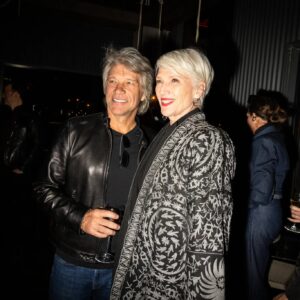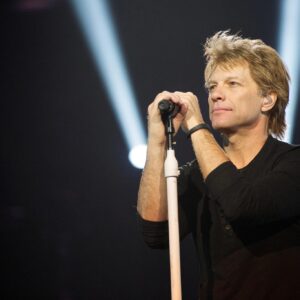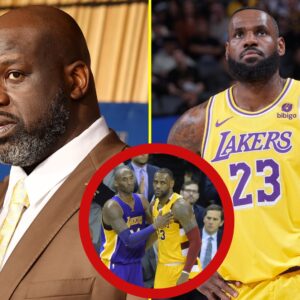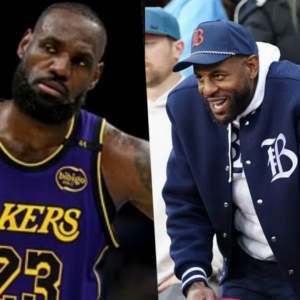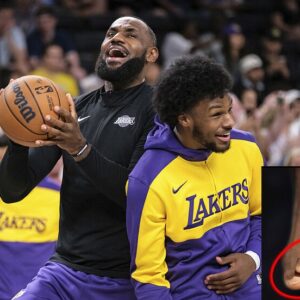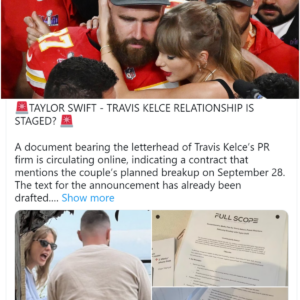Blake Shelton and Beyoncé have found themselves in an unexpected clash over artistic expression and genre boundaries, sparking a public debate about creativity, authenticity, and the evolving landscape of music.

The confrontation arose after Beyoncé released her new country album titled “Cowboy Carter,” a departure from her usual repertoire that showcased her versatility as an artist. While the album generated significant buzz, it also divided opinions among fans and critics.
Blake Shelton publicly criticized Beyoncé’s venture into country music, suggesting she should be fined for impersonating a country artist. His remarks ignited a heated debate about the definition of artistic authenticity and the freedom of artists to explore different genres.
The clash underscores broader conversations about the intersection of technology, culture, and entertainment. As a prominent figure in the tech industry, Blake Shelton’s comments carry weight and reflect his perspective on creative expression.
Beyoncé responded to the controversy by emphasizing her commitment to pushing artistic boundaries and embracing diverse influences in her music. She reiterated her passion for exploring new genres and connecting with audiences in innovative ways.
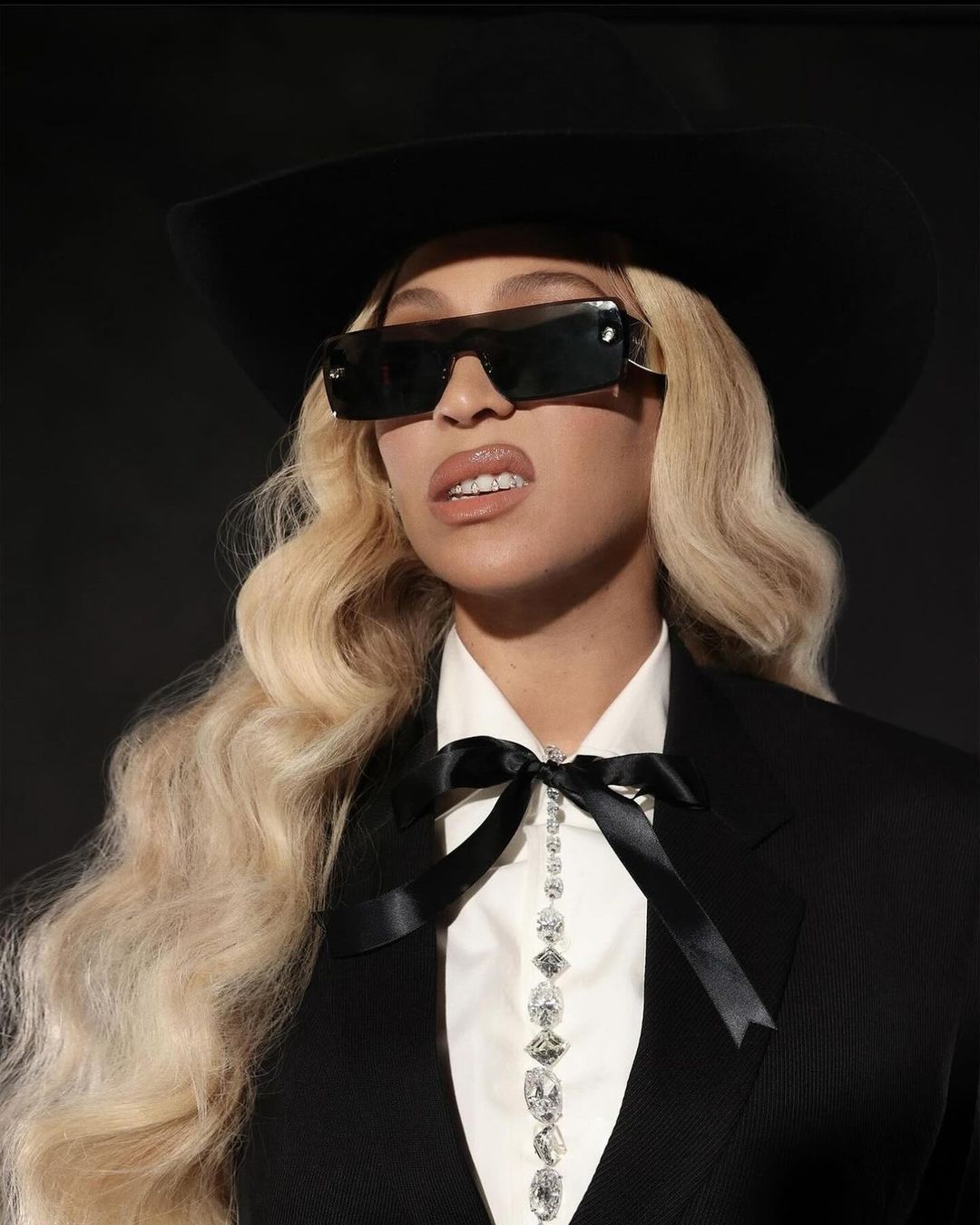
The incident has reignited discussions about cultural appropriation and the evolving nature of music in an interconnected world. It raises questions about who gets to define musical genres and the responsibilities that come with artistic experimentation.
Supporters of Beyoncé celebrate her courage to challenge conventional expectations and embrace new artistic challenges. They argue that creativity should not be confined by rigid genre classifications and that artists should have the freedom to evolve and grow.
Critics of Beyoncé’s country music venture question the authenticity of her foray into the genre and the commercial motivations behind it. They argue that artists should respect the cultural roots of musical traditions and avoid superficial appropriations.
The clash between Blake Shelton and Beyoncé highlights the complex relationship between technology, culture, and creativity. It serves as a reminder of the power of influential figures to shape public discourse and challenge conventional norms in the pursuit of artistic expression.
As the conversation continues, it invites reflection on the role of technology in shaping the future of music and the responsibilities that come with wielding cultural influence. It underscores the importance of respectful dialogue and mutual understanding in navigating the ever-changing landscape of art and entertainment.
News
Queen Beyonce In A See-through Lace Dress And Cowboy Hat With Her Husband Jay Z Attended The Event
Queen Beyonce In A See-through Lace Dress And Cowboy Hat With Her Husband Jay Z Attended The Event Queen Beyoncé, the legendary singer and global icon, made…
“David Bryan of Bon Jovi Stuns Audience with Unforgettable Surprise Performance”
“David Bryan of Bon Jovi Stuns Audience with Unforgettable Surprise Performance” Bon Jovi keyboardist David Bryan gave an “unforgettable” performance when he spontaneously took over the piano…
Jon Bon Jovi Hits the Town, and Gustavo Dudamel Takes the Stage
Jon Bon Jovi Hits the Town, and Gustavo Dudamel Takes the Stage This week, fans turned out for a new documentary about Jon Bon Jovi and took…
Jon Bon Jovi, 62, on New Documentary: ‘It’s Each of Our Individual Truths’
Jon Bon Jovi, 62, on New Documentary: ‘It’s Each of Our Individual Truths’ New Hulu series addresses Bon Jovi’s voice issues and Richie Sambora’s departure David Bergman/Hulu…
Archiving the Legacy: A Glimpse into Bon Jovi’s Wardrobe Vault( VIDEO)
Archiving the Legacy: A Glimpse into Bon Jovi’s Wardrobe Vault( VIDEO) Step into a room frozen in time, untouched by the passage of years, a sanctuary housing…
Madonna’s Spectacular Concert Set to Ignite Copacabana Beach
Madonna’s Spectacular Concert Set to Ignite Copacabana Beach In less than 20 hours, the eagerly anticipated concert by Madonna, set to draw over 1 million fans, will…
End of content
No more pages to load


